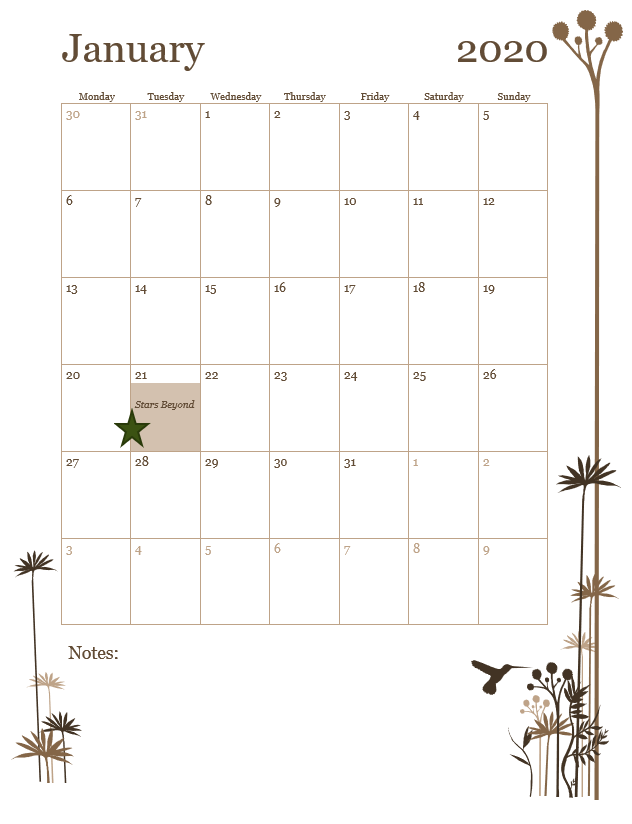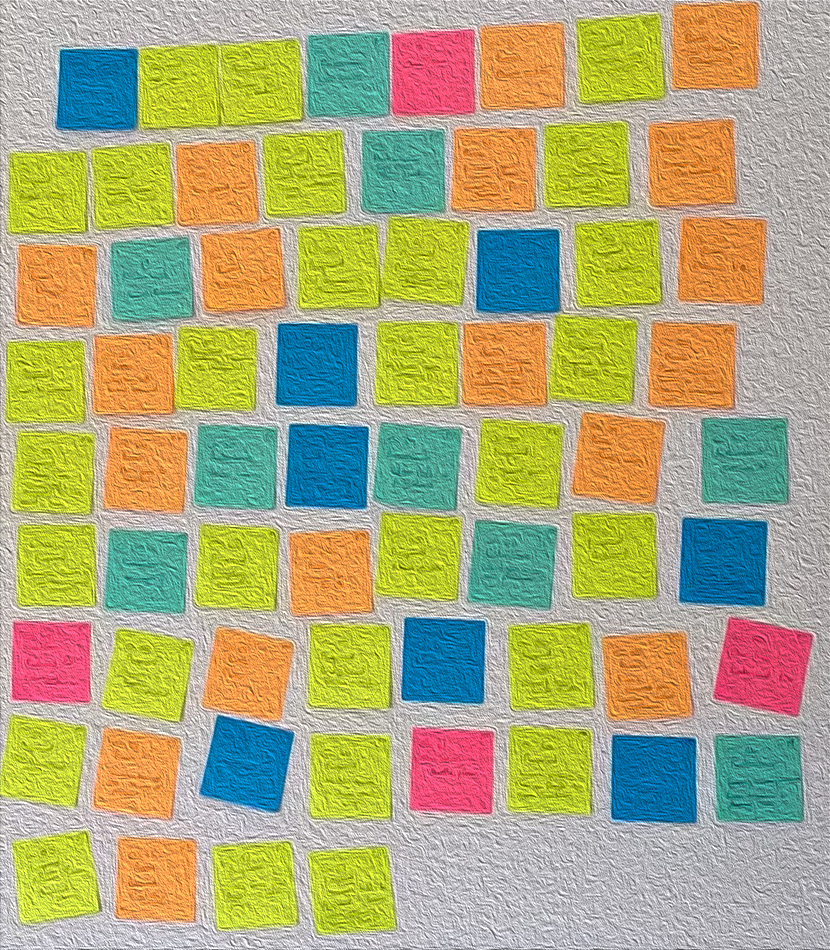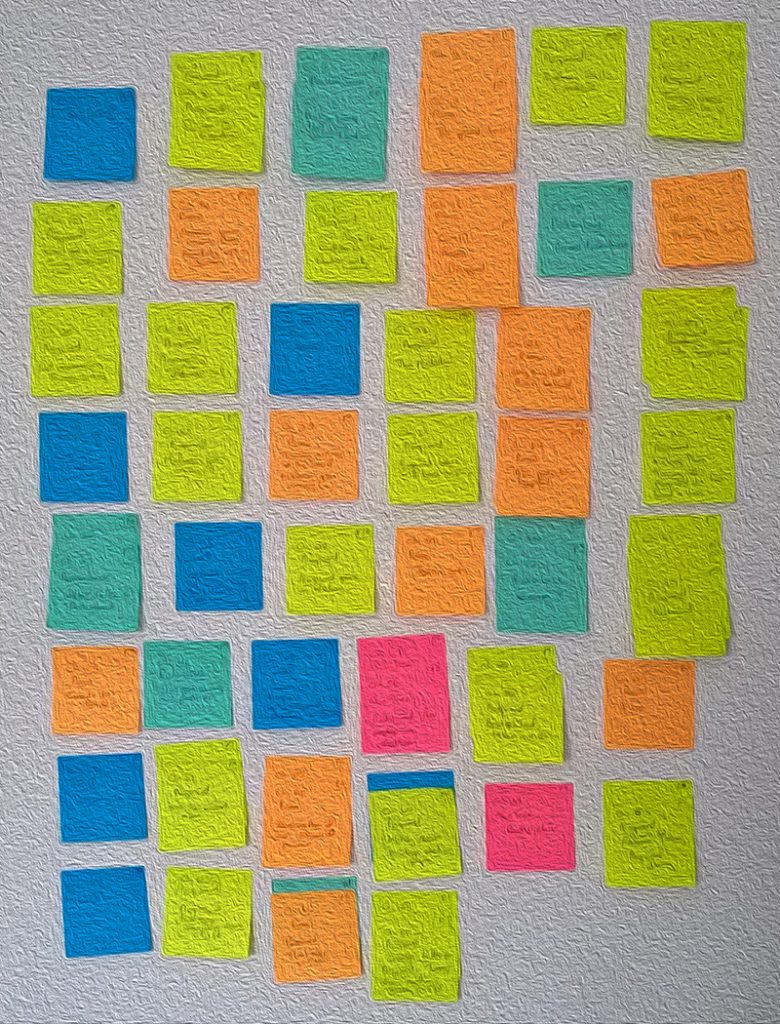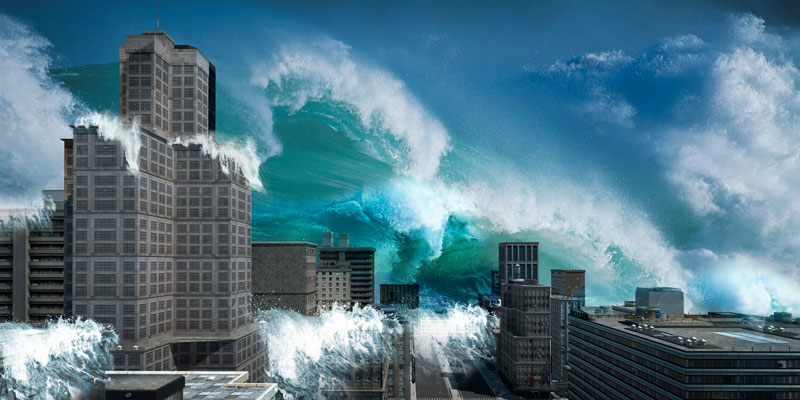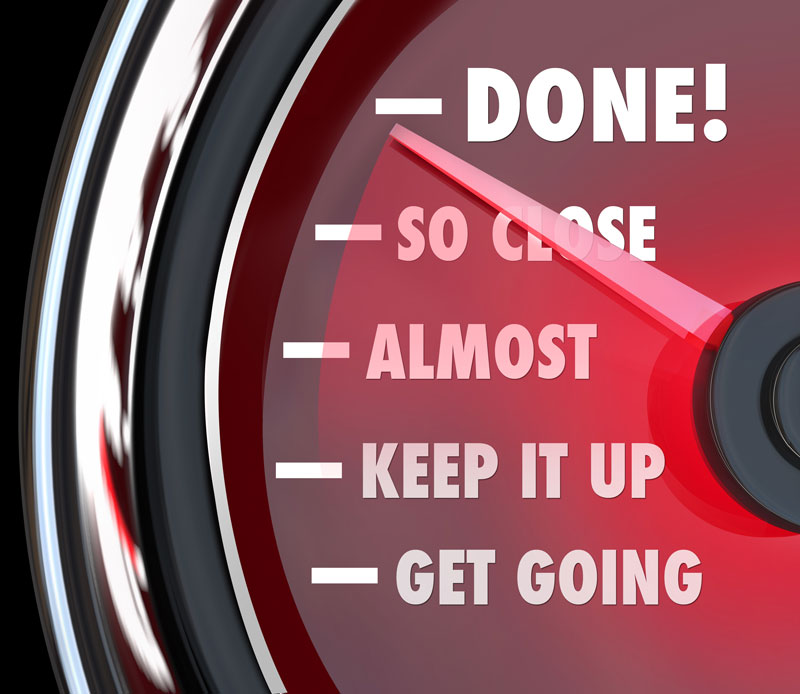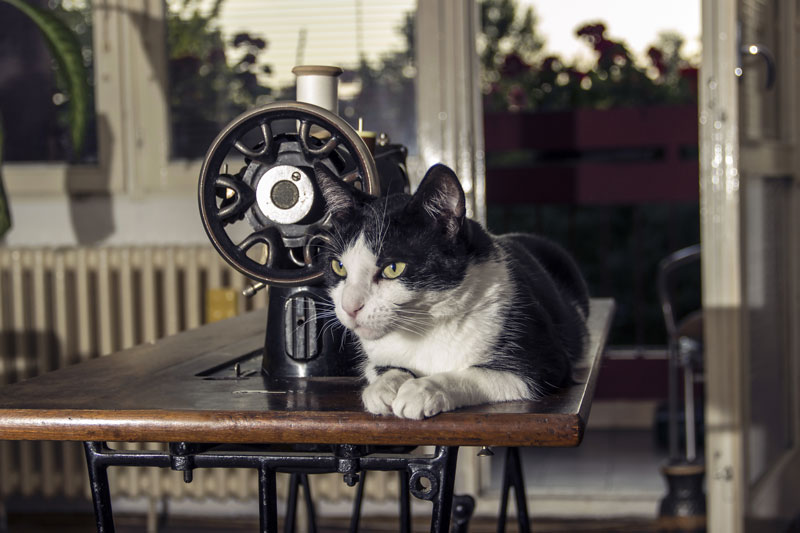
Status this week — so tired I created this post on Sunday and didn’t realize until Tuesday that I hadn’t actually taken it out of draft mode. Beware typos, that’s all I can say. I tend to omit words when I’m tired. Especially at work. The last two days some of my emails haven’t made sense. It’s getting embarrassing.
Packing up the after-effects of someone’s life, especially someone you love, is always depressing. And you can’t keep everything, even if you want to, you don’t have the room.
It’s taken us a long time—nearly eighteen months—to clean out our mother’s house. The big items are easy to get rid of. Give it to someone in the family if they want it, pass it on to a local charity if they don’t.
It’s the little things that are harder. Like letters. What do you do with them?
Mum was a big letter writer and receiver, and she kept all the letters she received. We’d find as we went through them we’d lose hours in the letters. In the end we just kept moving the pile (that kept growing) as we emptied the house.
But finally, there’s nothing left but the letters, and we still have to make a decision as to what to do with them.
We can’t keep them all. We don’t have the room. We don’t even want to read them all. They’re her correspondence with her friends and family. In some ways it feels rude to read them.
In the end, we’ll probably throw many of these letters out.
All over the world, other people are faced with the same decision we are.
Mum is from the last generation of people who lived most of their lives offline.
From here on people started to live part of their lives online, and in future I imagine we’ll be able to search and find something about them. (Maybe, if we can get through the overload of information.)
But not for Mum.
I can’t help wondering if, in years to come, we’ll wish we’d kept those letters instead of making room for the antique sewing machine.
